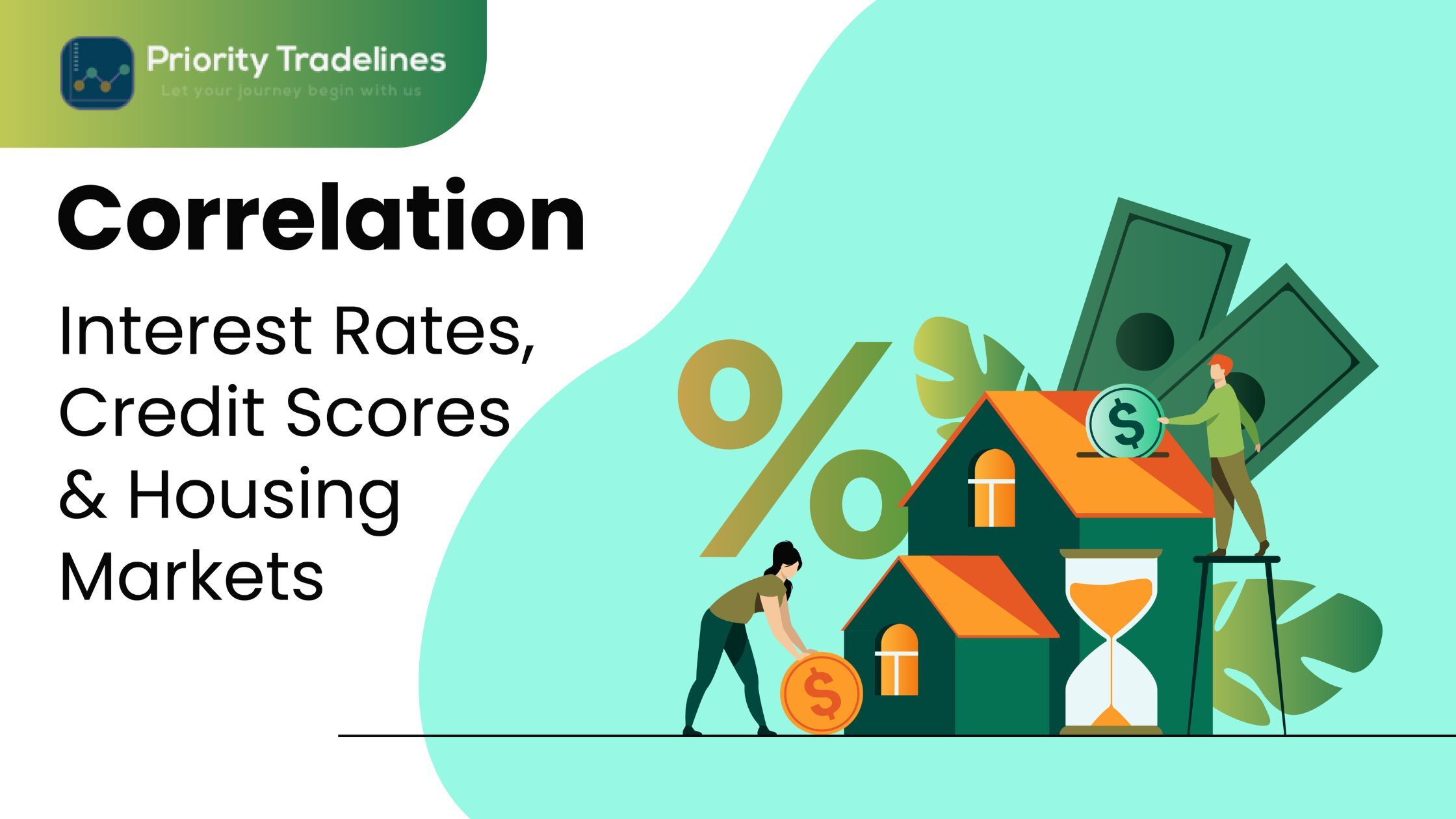Many mortgage loans are available, but the two main types are fixed-rate and adjustable-rate mortgages. Making wise mortgage decisions requires a foundational knowledge of interest rates and the economic factors that shape their future direction. For example, a borrower might have to decide between getting a fixed-rate mortgage versus an adjustable-rate mortgage (arm), or they might have to decide whether or not to refinance out of an arm.
The price of the home and the interest rate on the mortgage loan are the two most important financial factors in any home transaction. But what impact do these two factors have on the cost of homeownership, and how can that affect your decision to buy a home? We'll address this issue by breaking down the interplay between your interest rate, the cost of your property, and the overall cost of homeownership.
Interest rates are what?
Lenders assess interest rates to borrowers as compensation for using their assets beyond the initial loan amount. Cash, products, automobiles, and property are all examples of movable assets.
In what ways do mortgage interest rates vary by type?
Both fixed-rate and adjustable-rate mortgages are common, yet neither is the only option. Likewise, standard mortgages aren't the only available; jumbo loans, FHA loans, and VA loans are popular choices. In addition, there are a few variants of each of these choices, each with its terms and rates of interest.
Conventional mortgage rates
The interest rate on a fixed-rate mortgage does not change for the duration of the loan, making it a popular choice. A fixed-rate loan's primary benefit is that the interest rate remains stable during the loan's term, regardless of changes in the underlying market conditions. In other words, your mortgage payment won't change from month to month.
Rate-change mortgage
At the beginning of the loan term, low-interest rates are typically offered for arms. However, these rates are only guaranteed for a set amount of time. When this introductory period ends, the interest rate will "Adjust" At periodic intervals for the remainder of the loan term. A variable-rate loan's primary benefit is its lower interest rate, which translates to a smaller monthly payment. As a result of the decreased monthly payment, borrowers may afford more expensive residences.
Mortgages with hybrid components
Fixed-rate and adjustable-rate mortgage features are combined in hybrid loans. First offered at a fixed interest rate for a specified period, they eventually recast themselves as adjustable-rate loans. The fixed-rate component of this loan often has a lower interest rate than a 30-year fixed mortgage, which is the main benefit.
Backed by the FHA and the VA
Federal housing administration (FHA) loans and veteran's administration (VA) loans are the two most frequent types of government-insured mortgages (VA). Some more documentation is involved, but otherwise, the process is the same as with a standard mortgage loan. These loans, which have the government's backing, make it possible for borrowers who otherwise wouldn't be able to get a loan. FHA loans and VA loans are particularly popular among first-time homebuyers and veterans.
The role of credit history in home loans
When it comes to deciding whether or not to provide a mortgage, a borrower's credit score is crucial. This is the primary factor that banks and other lending institutions use to determine whether or not to grant you a mortgage. It is more likely that house loan applications with a strong credit score would be approved quickly. A low credit score, however, will increase the likelihood that a loan application will decline. Conversely, a home loan with a credit score of 750 or higher is considered excellent.
Why do lenders look at your credit score when deciding whether to provide you with a home loan?
Most banks and financial institutions check your credit for the following reasons:
Facilitates their comprehension of your credit history
When it comes to deciding whether or not to provide a mortgage, a borrower's credit score is crucial. This is the primary factor that banks and other lending institutions use to determine whether or not to grant you a mortgage. It is more likely that house loan applications with a strong credit score would be approved quickly. A low credit score, however, will increase the likelihood that a loan application will decline. Conversely, a home loan with a credit score of 750 or higher is considered excellent.
Used to determine if you qualify and your ability to make payments
If you want your mortgage loan application approved quickly, you'll need to show proof of eligibility. Checking one's credit score is a good technique to see if one is qualified. Your credit score needs at least 620 if you want to deal with financial organizations. If your credit score is high, loan applications are typically approved with little to no trouble.
Informs potential lenders about your current loan status
In the eyes of lenders, borrowers who apply for mortgages while already in debt present an increased risk. A new loan means taking on more debt. In this way, the lender determines if you have the financial wherewithal to repay a mortgage of a substantial amount by looking at your credit score. In addition, they look at how much of your monthly income goes toward paying interest and fees on your credit cards and other loans. A loan-to-value ratio of more than 80% will likely disqualify you for the loan.
How do you improve credit scores for home loans?
The following are some things you can do to raise your credit scores. This information will increase your loan application's likelihood of success.
Check your credit reports regularly.
Your credit score is one of many indicators that banks and mortgage firms consider when you apply for a home loan. Therefore, you should check your credit report and scores frequently to spot any mistakes that could drag down your score. You can dispute inaccurate information by contacting the credit reporting agency or your lender.
Make sure you have no outstanding bills.
Before applying for a home loan, you should ensure you have no outstanding debt. Having no other debts to speak of might greatly increase your chances of getting a house loan approved swiftly and without hassle.
Be careful not to max out your credit card.
One more technique to boost your credit score for a house loan application is to never max out your available credit. Instead, make an effort to keep your credit utilization percentage below 30%.
Don't let yourself go into default by not paying your bills.
Your credit score will quickly rise if you don't default on any of your loans or credit card payments. You should also seek to pay off your credit card balance monthly rather than just the minimum payment. The likelihood of getting approved for a mortgage loan rises if you make timely payments on your debts.
Conclusion
Improve your credit rating by doing the necessary procedures. Raising your credit score is an excellent financial move before, during, and after purchasing your ideal home. Don't let the announcement of stricter credit requirements deter you from making a purchase right now if you're in a position to do so. Nobody can predict whether or when lending requirements will shift again. This might become the normative standard going forward.



